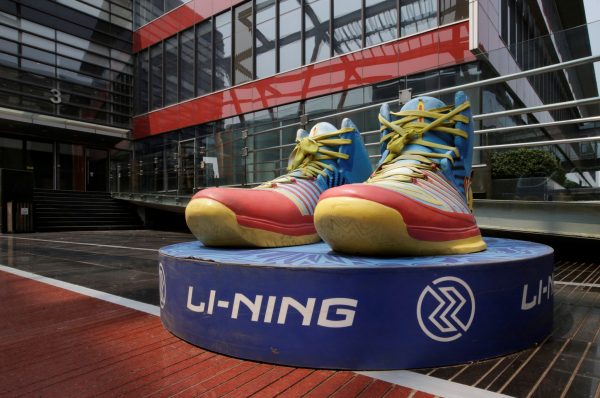Chinese handling of the new US leader under Chinese President Xi Jinping is a masterclass in how to manipulate ego and ensure things meet one’s self interest. Going for their first formal meeting with each other to Mar-a-Lago in Florida in April, Xi had to endure the news that the United States had just fired rockets into Syria despite Trump’s previous loud noises about a new US doctrine of non-intervention. The atmospherics of the meeting were enough for the US President to fall over himself with praise when interviewed by journalists some weeks later: he said that Xi was a good man and someone he admired.
Later in the year, when Trump made his way to Beijing, every effort was made to ensure the US President felt consequential. Xi — who was named the world’s most powerful man on the front cover of The Economist the week before — took time to guide Trump and his wife around Beijing. The two leaders avoided talk of a trade war. Instead, they signed US$250 billion in deals, and Xi promised to open up the Chinese finance and service sectors.
Unlike his predecessors, Trump did not once raise the issue of human rights. He also steered clear of thorny issues that had tripped him up previously like Taiwan and the South and East China Seas. A president whom most of the world regards as problematic, capricious and sometimes simply scary seems to become a benign supplicant in China.
The Trump presidency is the highest profile example of a global environment that seems to be swinging things China’s way, and space has opened up for new forms of Chinese influence abroad. Xi deployed the language of globalisation as fluently as any Western leader at the World Economic Forum at Davos in January. China, not the United States, has become the defender of free trade deals after Washington dropped the Trans-Pacific Partnership. It was China that stood as the defender of global action on climate change after Trump’s announcement of the US withdrawal from the 2015 Paris Agreement.
This streak of opportunity and good fortune externally was accompanied by similar domestic concord. Xi remained dominant in domestic politics (as evidenced by the almost seamless 19th Party Congress in October). A group of five new leaders were promoted to the Standing Committee of the Politburo, and there is no obvious successor to Xi in sight (which has only fired more speculation that his leadership will not be time limited).
For Xi, the Congress presented an opportunity to underline the core Party message of the last few years: China’s moment of historic fulfilment is at hand, and the 2021 centenary of the Communist Party’s founding will celebrate the completion of the first stage of Chinese modernisation. This sense of meaning and national pride fills almost every area of domestic politics from talk of modernisation of the health care sector to the broader goals of creating a middle-class China in which everyone can fulfil their ‘China Dream’.
There were challenges for Xi, of which the most urgent was North Korea’s constant brinkmanship. As Xi stood up in the Chinese city of Xiamen to address the 9th BRICS summit, Kim Jong-un set off a large nuclear test that demonstrated a level of technical capability that few had suspected. The response from the United States was furious: Trump engaged himself in a war of words with a leader he subsequently derided at the United Nations as ‘little rocket man’.
China attempted to maintain neutrality and urged a return to dialogue. Beijing faced increasing pressure to do something and by the year’s end it had blocked oil and trade links to its neighbour for several days. This was a sign that with the Congress over — and with his position secure — Xi was ready to use a new posture against Pyongyang. The question is whether it will be enough to dissuade the United States from attempting a unilateral move of its own.
For all these new opportunities and the outward appearance of stability and predictability, the newfound pre-eminence experienced by Xi’s China has a downside. ‘Xi Jinping thought’ and the Belt and Road Initiative have been written into the Party Constitution, and with their passage, China is in a position of prominence far more quickly than it had anticipated. Never before have its decisions been so internationally significant.
The world is now dependent on China’s being a stable, responsible stakeholder. This is a huge new role to which it must adapt in a very short timeframe. Xi has to date conveyed confidence and reassurance. The question now is whether his — and China’s — luck will continue to hold in 2018.
Kerry Brown is Professor of Chinese Studies and Director of the Lau China Institute at King’s College London.
This article is part of an EAF special feature series on 2017 in review and the year ahead.


With the future of China as well as its day-to-day functioning solely in the hands of one man with no apparent successor or deputy in sight, all decisions regarding domestic and foreign policy, not forgetting the OBOR initiative, must be made by Xi and Mr. Xi alone. One would hope nothing would befall the leader, such as an illness, either prolonged or short, or even something more sinister.